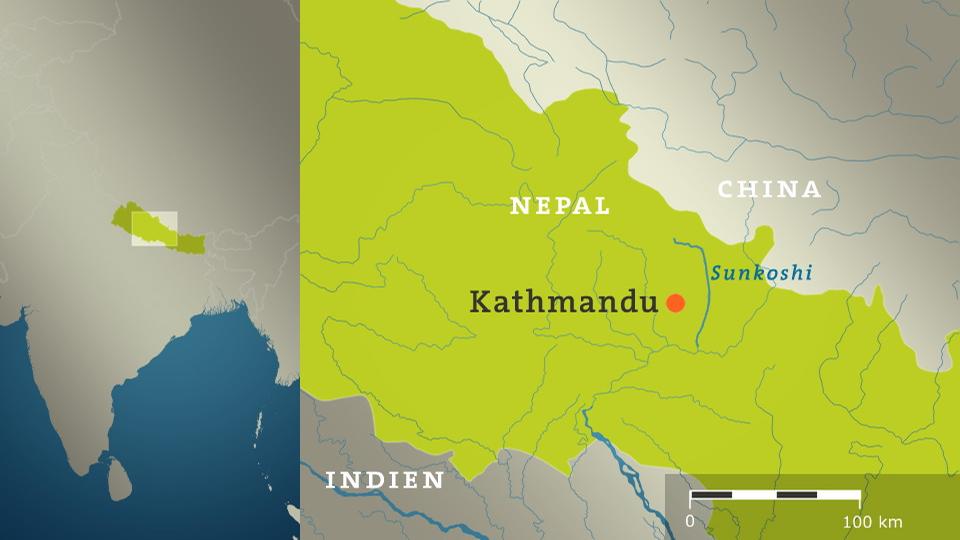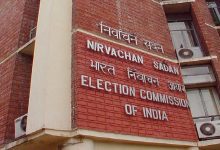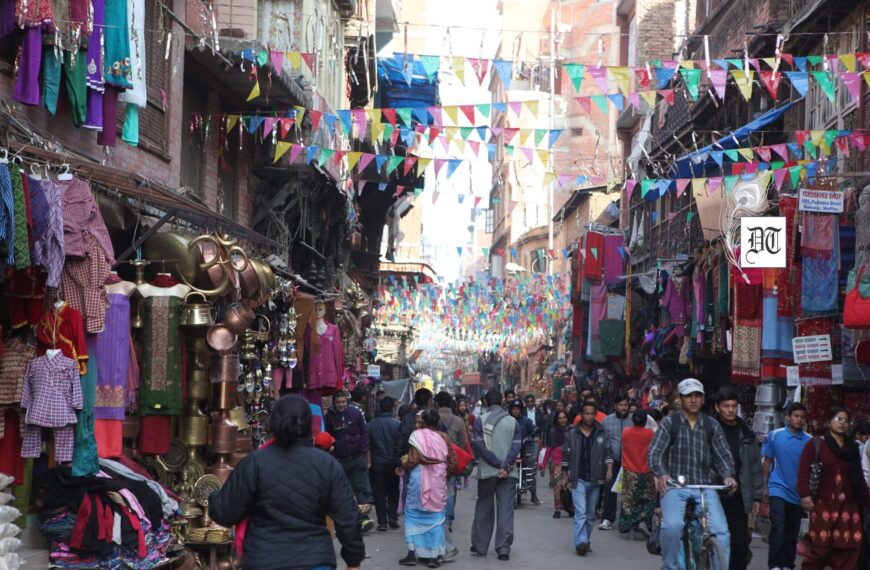New Delhi must accept the reality. What has happened in Nepal may not be to its liking but it has to reconcile itself to the new political situation, put its best foot forward to Nepal, accept that it is a sovereign country, try to repair the relations that have been soured and build Indo-Nepal relations on terms of full equality. There are differences in the newly merged party and stresses and strains between its leaders. But it would be disastrous for New Delhi to try to exploit these differences to its advantage and create fresh political instability in Nepal. Here’s an analysis, for Different Truths.
In the recent parliamentary elections in Nepal, the two communist parties secured a majority, relegating the Nepali Congress, an ally of the Indian National Congress and India as such, to the third place. As soon as the elections ended and the communist victory was known, it was reported that Khadga Prasad Oli, leader of the Communist Party of Nepal (Unified Marxist-Leninist) and Pushpa Kamal Dahal alias Prachanda of the Communist Party of Nepal (Maoist Centre) had decided to end their long-drawn hostility, bury the hatchet and merge the two communist parties to become a single party. This has now happened. What does it mean for New Delhi and what should be its approach to the new Nepali Government?
The first thing for New Delhi to do is to accept the reality. What has happened in Nepal may not be (obviously it is not) to its liking but it has to reconcile itself to the new political situation, put its best foot forward to Nepal, accept that it is a sovereign country, try to repair the relations that have been soured and build Indo-Nepal relations on terms of full equality. There are differences in the newly merged party and stresses and strains between its leaders. But it would be disastrous for New Delhi to try to exploit these differences to its advantage and create fresh political instability in Nepal. It should keep in mind that the new party does not swear by Mao or Maoism.
Indo-Nepal relations, despite loud public protestations of mutual friendship, common culture, and shared goals, etc., have not been very friendly for a long time. Nepal resents India for several reasons. During the long drawn armed struggle of the communists for the overthrow of the monarchy and transforming Nepal into a modern secular democracy, India sided with the monarchy. Its fear was that a communist victory would bring Nepal under the influence of the Chinese and be detrimental to India’s interests. In the event, monarchy was overthrown, the communists came to share power, a constituent assembly was formed and drafting a constitution was taken up in right earnest.
Constitution-making turned out to be an inordinately long process. In the penultimate stage, when Nepal was about to adopt a constitution that would make the country secular, despite the fact that it had an overwhelmingly Hindu population, the ruling party of India intervened covertly. It wanted Nepal to declare itself a Hindu Rashtra. That was, however, not to be. Neither the two communist parties nor the Nepali Congress, which cherished democracy, federalism and secularism, would budge. New Delhi failed to influence the constitution-makers but was seen as a big brother trying to meddle in the internal affairs of Nepal.
Then came the infamous blockade when all trucks carrying goods to Nepal were stopped at the Indo-Nepal border. Outwardly, the blockade was organized by the Madhesis, the people of Indian origin living in the southern parts of Nepal, because they were not happy with the provisions made for them in the constitution. But the Nepalis – the government and the people – knew the blockade had the full support of New Delhi. Nepal is a land-locked country and all its supplies come through India. The five month long blockade brought Nepal’s economy on the verge of collapse, especially because it stopped fuel supply to the country. The blockade started on September 23, 2015 and ended on February 10, 2016. India emerged as the villain of the piece – an untrustworthy and vindictive neighbour.
The blockade proved counter-productive, too. It drove Nepal far more into China’s arms. To end its total dependence for supplies on India, Nepal took up with China on an urgent basis the construction of a railway line connecting Nepal to Tibet. It has been reported that the proposed line will have two sections – one from Tibet’s capital Lhasa to Gyirong and the other from Gyirong to Kathmandu. The speed of the trains running on this track will be as high as 120 to 160 kms per hour – something unthinkable in the high Himalayan terrain. Once completed, the line will also enable China to send troops, whenever it feels necessary, by train right up to Kathmandu. India has only to thank itself for this development.
Official relations apart, what are the people-to-people relations between the two countries? An average Indian has a condescending attitude to the average Nepali in India, who is usually engaged in manual jobs. There are other dimensions of this relation also. This scribe vividly recalls an incident that happened about five decades ago. In a conversation with this writer, Pushpa Lal, the by now almost-forgotten communist leader of Nepal, burst out: “Do you people take me for a professional smuggler? Whenever I visit Delhi or Bombay or Calcutta or Gauhati, friends and acquaintances always ask me to bring something or the other from Kathmandu.”
Those ‘things’, mostly consumer goods, were not freely available in India then and used to be smuggled in. Pushpa Lal’s wife was studying at the time in the Benares Hindu University and Pushpa Lal often visited India. This writer had struck up a friendship with him.
Leave aside the Nepalis. How is a man (or woman) with Mongoloid features from the north-east – a Naga or a Mizo or a Khasi or a Garo or a Manipuri or an Arunachali – treated elsewhere? How many cases of assaults or even murder of students from north-eastern region are regularly reported from Delhi, Mumbai, Bengaluru and other places? Do the people of north-east feel alienated from India as a result and feel an affinity to our northern neighbour? What will be its security implication in a possible Sino-Indian armed conflict?
New Delhi will have to shed its traditional big brotherly attitude to her smaller neighbours like Nepal and learn to treat them on an equal footing. The big-brotherly attitude has been the hallmark of all central governments in New Delhi, whether run by the Congress or the BJP. The world is changing fast. China is tempting our neighbours with liberal offers of economic cooperation and infrastructure building. India will have to use its brain rather than brawn to win them over and make them her faithful friends.
Barun Das Gupta
©IPA Service
Photo from the Internet
#China #India #CongressOrBJP #NewDelhi #Nepal #Katmandu #IPA #DifferentTruths





 By
By

